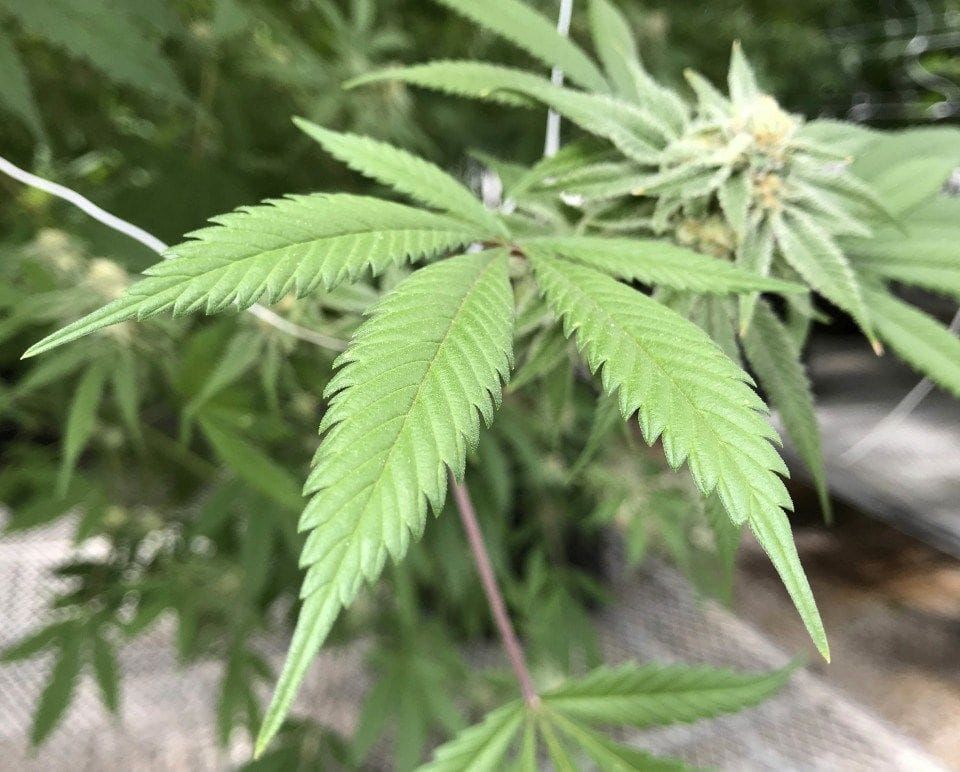Unsealing Ga. cannabis applications weighed
Published 4:30 pm Tuesday, January 10, 2023
ATLANTA — A Fulton County judge plans to make a decision soon on whether to side with the Georgia First Amendment Foundation in its request to unseal documents related to applications for medical cannabis licenses.
“We have no interest in their trade secrets or their business formulas,” said Joy Ramsingh, an attorney for GFAF during a Jan. 6 hearing. “Our interest is in preserving the integrity of the judicial process and the public’s ability to access those records. … We’re talking about the production and licensing of a controlled substance that’s going to affect tens of thousands of Georgia patients, that affects the taxpayers, billions of dollars of lucrative government contracts.”
The embattled license process has been in limbo since 2019 when state lawmakers authorized the legal growing and dispensing of medical marijuana in Georgia through the Hope Act.
The legislation created the Georgia Access to Medical Cannabis Commission which was authorized to issue licenses to six companies for the growing, manufacturing and dispensing of low THC oil in Georgia.
An estimated 70 companies applied and the commission issued tentative licenses to six companies last year. The tight limit resulted in lawsuits from applicants that weren’t approved. They alleged the commission’s decision-making process may have been unfair and inconsistent in scoring.
South Georgia’s Botanical Sciences and Florida-based Trulieve were officially issued licenses in late September but their dispensing of medical cannabis is expected to be delayed amid the lawsuit.
Earlier this year, lawmakers attempted to expand the number of licenses but the effort failed to clear the General Assembly before the end of the legislative session in April.
GFAF filed a motion to unseal records in Fulton County Superior Court so the public could have access to the scoring process of applicants.
Administrative Law Judge Stephanie Howells in June ordered that pursuant to Georgia Code Section 16-12-220, “these matters” have been designated as confidential.
“Accordingly, any documents submitted or filed, any transcripts, or recordings are not subject to the Georgia Open Records Act and therefore will not be publicly disclosed,” her order concluded.
She also ordered that all cases referred to the Office of State Administrative Hearings by the Commission be closed to the public and to non-parties.
Matt Parrish of TheraTrue Georgia LLC, which was issued one of the six tentative licenses, added references to the Hope Act: all working papers, recorded information, documents and copies produced by, obtained and produced by obtained by or disclosed to the Commission … shall be confidential data and shall not be subject to the Georgia Open Records Act.”
“So two concepts there is shall be confidential data and it shall not be subjected to the Georgia Open Records Act,” Parrish said. “That’s not Judge Howells speaking. That’s not the Commission speaking. That’s the (Georgia) General Assembly making a policy determination, a legal determination that if we’re asking these applicants to submit all this information, then there’s going to be confidentiality.”
Ramsingh argued that Howell’s order, issued without holding a hearing, was broad in its language, especially in wording of “these matters” as confidential. Ramsingh added “shall be confidential” does not mandate a complete blanket seal of all documents.
“Those aren’t the same words; I think it goes to the weight in this case,” she said. “We have a procedural rule that says, OK, you can enter a protective order for what is confidential data, but the plain language doesn’t mandate that. … We know, of course, that during the course of litigation, there are all sorts of things that are confidential that (are made) public in litigation – and I’m not suggesting that there should be a free-for-all for that which is confidential data. What I’m saying is, the phrase ‘shall be confidential data,’ does not in its plain language, say, mandates a blanket seal.”
More than 25,000 patients are on the state’s registry to receive medical cannabis, and GFAF said the significant public interest in the licensing process should be considered before sealing any records. Fulton County Judge Rachel Krause at the Jan. 6 virtual hearing said she planned to have a decision within a week regarding GFAF’s request to amend Howell’s order and unseal the documents.





